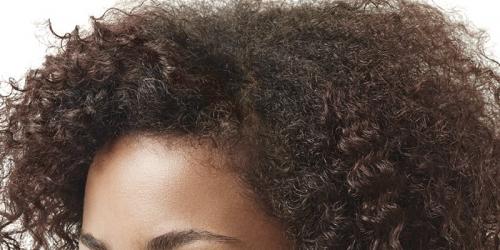When the air is cold and dry as is the case in very cold weather, it drives less electricity and thus absorbs less moisture. As a result, the hair also dries up and becomes charged with static electricity. If their load is the opposite of that of objects or clothing around, then they attract like magnets.
Fortunately, you are told what to do to stop the phenomenon of electric hair.
- Do not attack his hair
To take care of your hair, you must avoid as much as possible to attack them. Which means: space brushings (one per week is enough), do not wash them too often (every two or three days), do not rub the scalp too much when shampooing, and choose a rich and nourishing shampoo to weigh down the hair.
Finally, it is essential to hydrate them as often as possible.
- Avoid contact with synthetic materials
Even if one suspects that few people spend their days frantically rubbing their hair synthetic materials (especially acrylic), you should know that these materials carry electricity.
Whenever possible, it is advisable to avoid frequent contact with sweaters (especially turtlenecks), hats or scarves.
- To lower the temperature
Cold water ? Hot? Warm? The debate is long.
If rinsing your hair with cold water is known to make hair shiny, it would also tend to make them electric. And the same is true when they are rinsed with too hot water. The ideal remains to rinse his hair with warm water.
This saves them from a sudden temperature change and thus eliminates the risk of exciting any positive charge of ions.
- Laquer everything
To discipline your hair, do not hesitate to sprinkle them with a haze of lacquer, or heat a small amount of wax or styling paste in the palm of your hands and lightly apply it on both sides of the hair .
- Skip the plastic brushes
To avoid increasing your chances of having electric hair, plastic brushes are to be banned. Those in natural hair are softer and more respectful of the hair.
As the temperature difference increases static electricity, it is best to wait a few minutes before brushing your hair in a warm room after being in contact with the cold.


